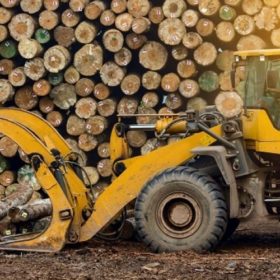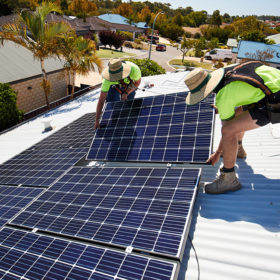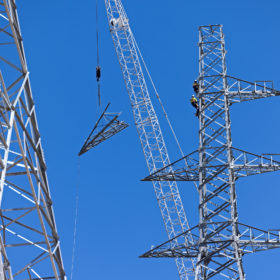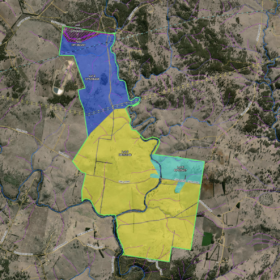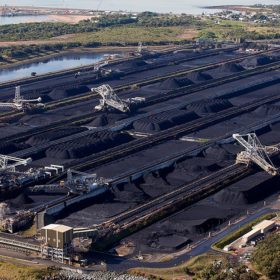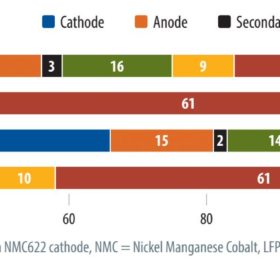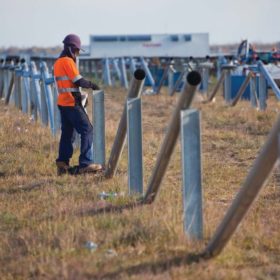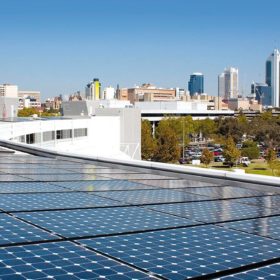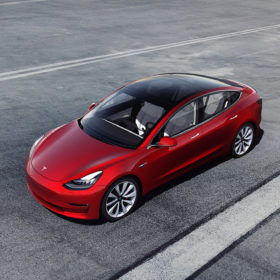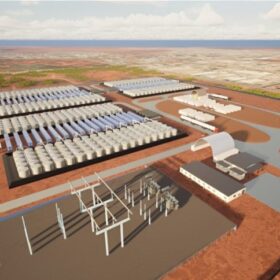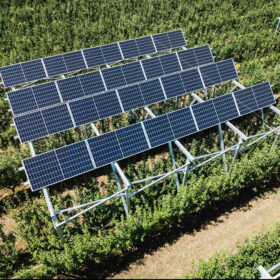Native forest wood waste burning to be excluded from ‘renewable’ classification, Senate report recommends
As Australia’s Climate Change Bill 2022 progresses through parliament, a Senate committee has recommended using wood waste from native forests to generate electricity should no longer be classified as “renewable energy.” It is not yet clear what impact such changes would have on the growing pipeline of Australian ‘biomass’ projects.
CEC warns labour and skills shortages threaten clean energy transition
Australia’s transition to a clean energy future is at risk with a new report indicating the nation’s quickening shift to a grid dominated by renewables has resulted in labour and skills shortages that could deepen as the sector continues to grow.
Decade of unreliability: renewable projects and transmission ‘urgently’ needed as Australia stares down coal closures
The Australian Energy Market Operator warns every Australian jurisdiction in the national grid could see electricity demand outstripping supply within the decade – though only if anticipated renewable projects do not come to fruition.
NSW solar farm agrees to pay $5.9 million ‘community benefit contribution’ as part of council REZ demands
The 225 MW Oxley Solar Farm, proposed in northern NSW, has agreed to pay $5.9 million as a “community benefit contribution.” The payment links to a recent list of demands from councils within the New England Renewable Energy Zone fed up large-scale projects deliver “significant financial and social costs with little tangible benefit to our regions.”
ACF pushes for clean energy export strategy
The Australian Conservation Foundation has urged the federal government to take advantage of the global shift towards renewable energy to unlock hundreds of thousands of jobs and inject billions of dollars into the economy.
California to ban petrol car sales by 2035
The electrification of transportation is set to boost the need for solar energy buildout.
Weekend read: Strong case for energy storage, despite rising costs
Unprecedented volatility in global commodity markets, disruption to logistics and supply chains, and unrelenting growth has driven up the cost of Li-ion batteries since the middle of 2021. Sam Wilkinson and Oliver Forsyth of IHS Markit expect to see rapid manufacturing expansion that will still struggle to keep up with demand, and ultimately lead to the establishment of a smaller group of battery-makers specialized in supplying stationary energy storage systems.
NSW releases new guidelines for large-scale solar
The New South Wales government has moved to smooth the way for the development of large-scale solar farms in the state as the energy sector continues to transition from fossil-fuel generation towards renewables-based electricity.
WA to study renewables demand to inform state’s future network
The Western Australia government will fast-track an assessment of new and existing demand for renewable energy across the state’s main electricity network as it continues the transition to a low-emissions future.
The road to new fuel efficiency rules is filled with potholes. Here’s how Australia can avoid them
Last week, federal Climate and Energy Minister Chris Bowen officially put fuel efficiency standards on the national agenda, saying the measure would reduce transport emissions and encourage electric vehicle uptake.
